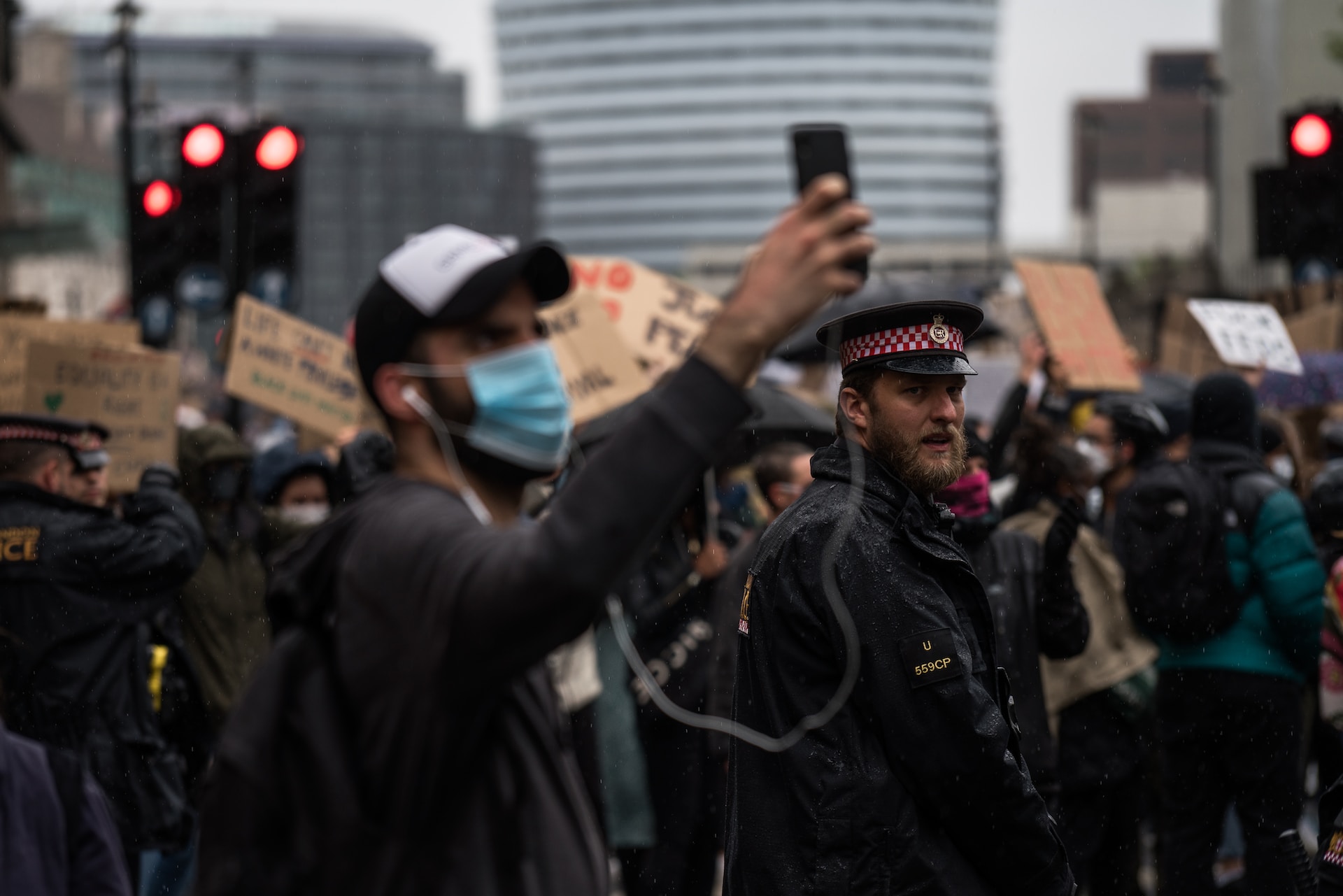
Comment Editor Emma Gilland reflects on the way we consume news and media during conflict
In light of recent conflicts and political turmoils, I wish to reflect on the changing nature of political discussion and news consumption. I believe that the trends identified in recent years, especially around political disengagement and polarisation between groups, can be attributed to changes in how we are having our political conversations. The simultaneous decline in impartial news consumption, alongside the politicisation of social media, is leading to a decline in toleration within the conduct of political debates.
My reflection stems from the recent conflict in Israel-Palestine, as this has highlighted both the differences between interactions throughout social media and the acute proliferation and harms of misinformation which has been spread online. The majority of conversations and information around the conflict is shared on Instagram, Facebook and Twitter, and while I think that it has been important to inform and engage people in the political issue, it has led to a loss of nuance in discussions.
We should not underestimate the powers of digital activism, as debates are becoming increasingly heated. With social media being able to mobilise political opinion, both through the advertisement of protests and political propaganda, it has the power to engage and influence young people who are otherwise relatively absent from political participation.
It has the power to engage and influence young people
Since the beginning of the conflict, there have been two specific concerns regarding the use of social media itself. Firstly, that is the bias within the media platform Meta, due to claims that it has systematically oppressed the vires of those who support Palestine. Secondly, perhaps more importantly, there is increasing evidence of misinformation. The most notable story exposes the distribution of violent and extreme videos of conflict, many of which have been taken in previous conflicts, and is having a highly manipulative effect on political opinion.
Conflict reporting, especially in light of the events in Ukraine (earlier in the year) and Gaza has demonstrated the focus on violence and high-scale atrocities. These can become tangled up with misleading claims, heightened through the manipulation within social media. Research has shown that the level of hate speech and misinformation on social media is at unprecedented levels, however, it is difficult to measure systematically as the tools are challenged in their ‘independent verification’.
This, I believe, is having a stifling effect on political discussion, not just online but also within communities, as the focus on the extreme is causing much higher levels of political polarisation. Thus, the politics of social media is not only gaining power but influencing the way news is consumed and discussed.
The concern I have is not only the misinformation itself, which is blurring the distinction between dystopia and reality but also the lack of non-partisan and non-biased information sources. This undermines the ability of individuals to make up their own minds, hampering true accountability and trust in politics, journalism and information.
A recent survey by Ofcom has highlighted the changes in media and news consumption among Generation Z, (those born between 1996-2010). The survey showed that 63% use social media to access information online, compared to 39% of adults generally. Instagram was the most used, followed by Facebook and Twitter with the BBC running close as 33% of Gen Z’s use the BBC.
However, what is being seen at the moment is that polarisation throughout these conflicts is leading to a condemnation of journalistic impartiality, and a call for bias and opinion. Thus, even though there is still a dependence on the BBC, increasingly its style of reporting is coming into question. In October 2023, this was demonstrated by criticism of the BBC for taking a side in the conflict, while also not taking enough of a stance due to the neutral language used to report the conflict. Although this looks confusing, I think this demonstrates increasing alienation from the traditional impartiality of news sources.
Shows a growing lack of value given to journalism, especially the importance of impartiality
The BBC has maintained the position that its role has been to expose the conflict and the atrocities on both sides; they maintain that the emotional effects of the conflict and the loss of humanitarian life make it an immensely difficult, yet important story to cover. The opposition to this shows a growing lack of value given to journalism, especially the importance of impartiality, as the facts and figures are not seen as engaging or valuable. There is a polarising and emotionally charged factor to news, which is more persuasive than objective reporting.
What worries me is the impact that the increasing reliance on social media will have on the democratic stability and ability of individuals to make their own political decisions. While the pluralism and democratic engagement being spread on social media is arguably beneficial, the decline in tolerance of opinions and objective political scrutiny is not. There needs to be space for individuals to find their own knowledge, and make up their own mind over emotional and complex political issues.
For more Comment articles on this topic read here:
Sunak’s plans to cap ‘rip-off’ degrees will leave many students without enough options
Comments